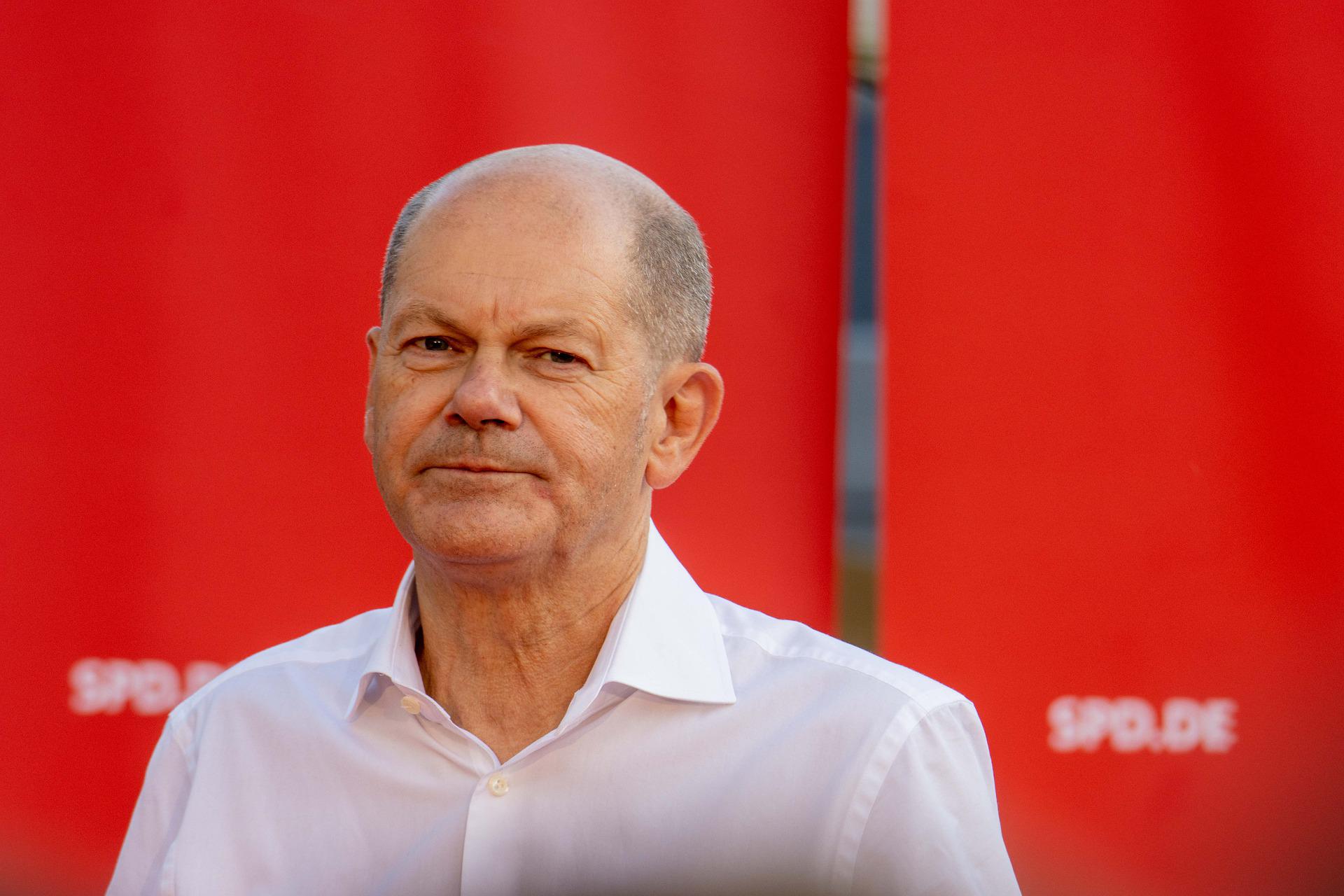
Blindly following the green lobby, Germany's government shoots itself in the foot
Germany is importing massive amounts of nuclear-generated electricity due to weather conditions unfavorable for renewable energy production. The decision by the recently failed federal government to shut down Germany's nuclear power plants has come into a focal point ahead of next month’s federal elections.
Instead of producing its own clean nuclear energy, Berlin is importing electricity from France this week at significantly higher prices, as winter has brought cold temperatures, overcast skies and weak winds, severely reducing solar and wind energy production in Germany.
Due to high energy needs and insufficient green power, German grid operators have been forced to rely on expensive imported energy.
As is known, Germany still had its own nuclear power plants until April 2023, but the left-wing federal government led by Social Democratic Chancellor Olaf Scholz (SPD), with the support of the Greens, had them all shut down. The move was highly controversial, coming at a time when energy prices were skyrocketing due to the Russia-Ukraine conflict, and European countries were trying to corner the Russian economy by imposing sanctions on its energy carriers.
Now, with just five weeks until the federal elections, the SPD-Green government’s energy policy is facing strong criticism as supply risks and skyrocketing prices provoke increasing discontent.
Professor Manuel Frondel, an energy expert at the RWI Institute, bluntly described the situation, saying that „by phasing out nuclear energy and coal, we have become heavily dependent on foreign sources and have taken on greater supply risks”. This strategic mistake is not new. In December, a similar supply shortage caused electricity prices in Germany to hit record highs, forcing some businesses to shut down operations due to unaffordable costs. As a result, electricity prices on the exchange surged more than tenfold, reaching 1,156 euros per megawatt-hour.
Carsten Brzeski, chief economist at ING Diba, warned that prices could continue to rise despite nuclear imports from France. „I assume that prices will continue rising. This will not immediately affect all consumers, as many have fixed-price contracts. However, those with dynamic pricing models will feel the impact.” While Brzeski does not expect prices to exceed 1,000 euros per megawatt-hour, continued volatility remains a major concern.
In a recent conversation with American billionaire Elon Musk, Alice Weidel, co-chair of the right-wing AfD party, labeled wind turbines as “windmills of shame” and pledged to return to nuclear power and build more coal-fired power plants if her party came to power.
„They shut down the last nuclear power plant to create even more energy shortages. So, they must either be very stupid or they simply hate their own country,”
Weidel said about the current government. Musk expressed his agreement with the AfD’s stance, particularly regarding energy policy.
Here’s the full conversation from earlier today between Elon Musk and Alice Weidel, co-chairwoman of Germany’s AfD party.
Use the timestamps below to easily navigate the different topics.
1:09 General presentation of the AfD
2:14 Germany’s destructive energy policy
12:21… pic.twitter.com/dGEPn2Xw1T— ELON CLIPS (@ElonClipsX) January 9, 2025
Tags:

